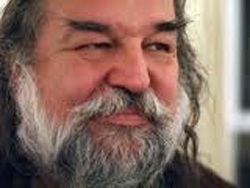 Greg Ioannou is the past president of The Editors’ Association of Canada, and has been editing books for almost 40 years. He’s also president of Iguana Books, a hybrid publishing company in Toronto. Cate Baum talks editing, eggcorns, English, and about Greg’s new crowdfunding platform for authors, Publaunch.com.
Greg Ioannou is the past president of The Editors’ Association of Canada, and has been editing books for almost 40 years. He’s also president of Iguana Books, a hybrid publishing company in Toronto. Cate Baum talks editing, eggcorns, English, and about Greg’s new crowdfunding platform for authors, Publaunch.com.
What’s your background in editing?
I’ve been a freelance editor since 1977. I’ve worked on books, magazines, government and corporate documents, board games … pretty much anything that’s editable.
Tell us about The EAC.
The Editors’ Association of Canada held its first formative meeting in 1978, and started up properly the following year. I volunteered to become the association’s first membership chair, and I sold myself the first membership, so I proudly brag that I was EAC’s first member. The association has a long list of accomplishments: seminars, publications, professional standards, a certification program, and so on. And for many of those programs, EAC’s was the first in the world. I’ve served four terms as EAC’s president, and am an honorary life member.
There are other editing bodies like EAC, such as the EFA and SfEP. How can authors choose an editor they can rely on? I’ve seen so many “editors” advertising online that it must be very difficult to know who to trust with your book.
It’s like hiring anyone else. Look for certified editors (EAC and some other associations offer certification – but unfortunately few editors are certified) or look at resumes and work samples. And starting in July, I’m launching a company, publaunch.com, that will feature only suppliers (editors, designers, marketing people, and such) that we’ve screened.
 So let’s talk about editing. First, let’s talk about what makes a good editor. Scrap that; an excellent editor. Recently we’ve chatted online about what is considered “Excellence in Editing…”
So let’s talk about editing. First, let’s talk about what makes a good editor. Scrap that; an excellent editor. Recently we’ve chatted online about what is considered “Excellence in Editing…”
An excellent editor understands exactly what the writer is trying to do (that is, exactly who the intended audience is and what the writer is trying to communicate to that audience). If the writer hasn’t clearly thought through the intended audience or what to communicate to that audience, the editor helps with those steps first. Then the editor helps the writer prepare a document that will both preserve the writer’s voice and messages, while meeting the needs of the intended readers – using language they will be comfortable reading, never letting the document become boring or in some other way off-putting.
An excellent editor ensures that jokes are funny, that instructions are easy to follow, that legal documents have no unintended loopholes or ambiguities, that horror stories are horrifying, and that erotica is arousing.
So with that in mind, let’s talk about authors that expect 100% catch rates. First, I should say, a catch rate is the percentage of errors an editor catches while proofreading. It’s humanly impossible for a proofread to have a 100% catch rate, isn’t it? Why is that, and what has been your experience with catch rates and clients?
Every document has errors. The editors at our office used to have fun finding mistakes in Oxford and Merriam-Webster dictionaries.
The usual industry standard is that an editor should catch 95% of the errors in a document. (But most editors do considerably better than that.) That’s why you should try to have two editors go through a document, and a third person proofread it – and you hope they’re not all missing the same 5%.
You have to define “error” carefully, too. An error is something that’s unambiguously wrong – not something the reader would prefer had been done in another way.
I have edited about 76 books so far in my career. I’d say I get the same types of error coming up quite often. I’d say 8 out of 10 errors I find are down to the author’s wish to rush the book to publish. What do you think about that?
Heh. I stopped counting at 2,000 books, which was many years ago. I’m now somewhere between 3,000 and 4,000.
The two “errors” I see constantly are writers who (1) are writing to entertain themselves, not the readers and (2) have not focussed on how to keep the readers constantly engaged.
I don’t let writers rush the schedule, so I haven’t been seeing that problem. Most of the kind of errors you’re talking about – typos and such – are because the project didn’t have enough of a budget to have at least two editors check through the book. If you use one person, you can be sure significant numbers of errors will slip through.
Sometimes authors like to insist on Canadian English, NZ English, or Australian English. What are the main differences between these English forms, and should authors be worrying about them?
Yes, writers should be worrying about them. You write in the version of English that your readers will find comfortable. And it is more than just variations of grammar and spelling – some ways of expressing things are common in one version of the language and not in others. There are thousands of variations between, say, South African English and New Zealand English, or any other pair you might choose. One of the services I offer is English-to-English translation: checking, say, that advertising materials intended for a British readership will be effective when used in the United States.
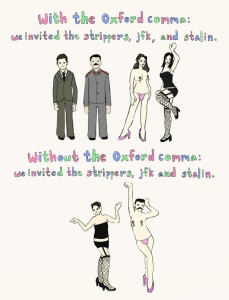 I’ve had a conversation recently about editing dialogue that’s quoted from the internet. Web chat is obviously much less formal (a personal bugbear of mine) and seems to have a lot of local flavor. How do you think editors should be dealing with proofreading that sort of dialogue?
I’ve had a conversation recently about editing dialogue that’s quoted from the internet. Web chat is obviously much less formal (a personal bugbear of mine) and seems to have a lot of local flavor. How do you think editors should be dealing with proofreading that sort of dialogue?
leave it v informal — preserve the voice n tone. YMMV.
Oxford commas. Your thoughts.
I have no opinion, just so long as the usage remains consistent throughout the document.
Two spaces after a period. Your thoughts.
We strip out the extra space automatically before we start editing. It messes up the page formatting and has to be stripped out for the ebook anyway.
How do you deal with dialect in editing?
Leave enough traces of the dialect to make it clear that the character speaks in it, but don’t try to make it an exact transcript – that can be extremely challenging to read.
I have laugh-out-loud moments during editing. I love an eggcorn. What wonderful mistakes have you had fun with over the years?
My favourite was in mystery novel. A gorgeous female character was described as having “glossy back hair.”
Finally, tell us about Publaunch. How’s it all going, and what can you tell our readers about it?
The first phase of publaunch.com – just the crowdfunding part of the site – is already up. We wanted to make sure that that core piece worked smoothly before we added more functions. Phase Two — the “marketplace” where writers can find trusted suppliers to prepare their books, market them, print them, distribute them, and so on – will launch in July. Phases Three through Five have been mapped out and will launch over the next two to three years. And no, I’m not going to give you hints on what those are. Yet.
Get an Editorial Review | Get Amazon Sales & Reviews | Get Edited | Publish Your Book | Enter the SPR Book Awards | Other Marketing Services










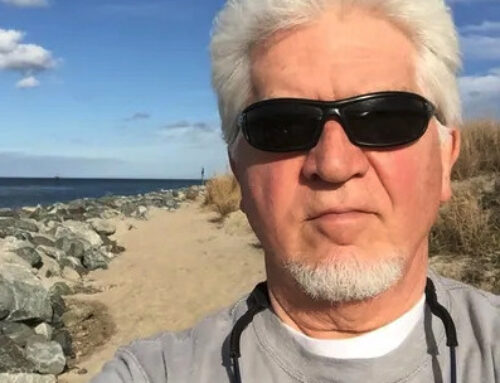
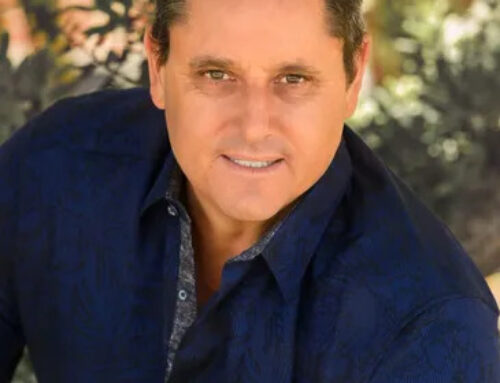

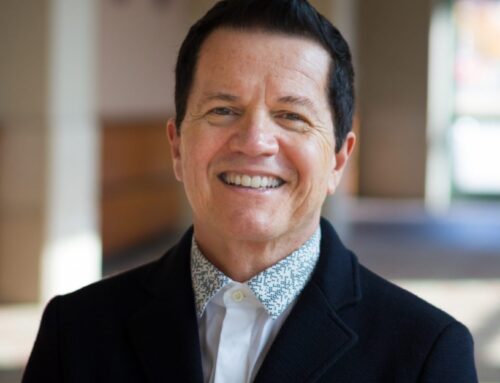



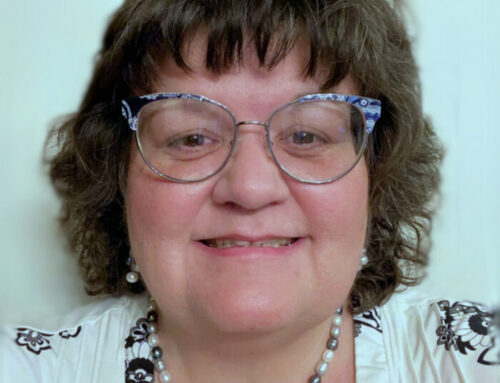
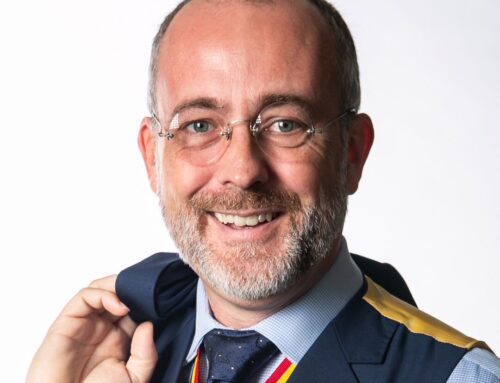


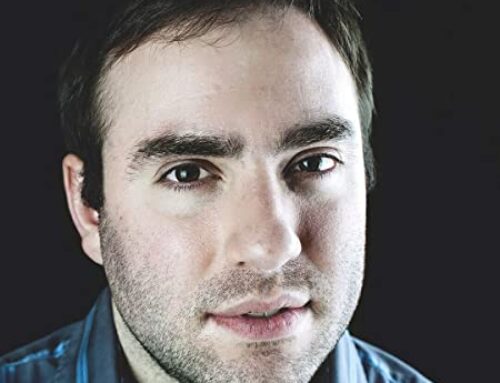

Leave A Comment